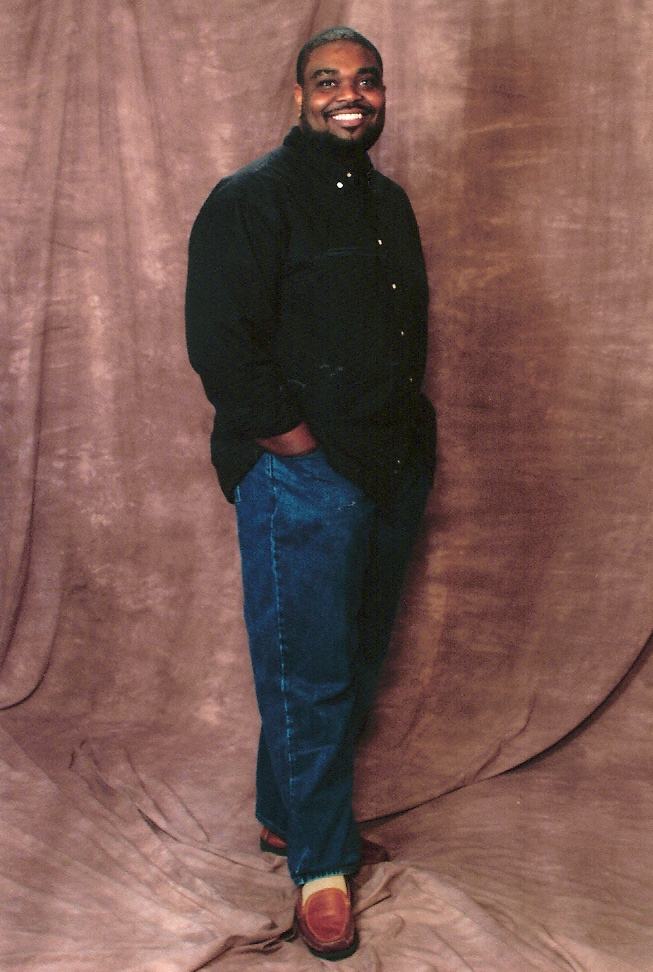I'm not Catholic, but I caught about 30 minutes of the media's coverage about the new Pope, Joseph Ratzinger (Benedict XVI). Apparently, it doesn't take long for a new pope to find new enemies--or old enemies re-emerging.
Ratzinger, like all German boys his age, was forced to participate in 'Hitler Youth'. And in his adulthood he has been a staunch defender of traditional Catholic doctrine and faith. At 78-years-old, he was John Paul's "enforcer" (as he was dubbed by the New York Times). It appears--depending on how much you trust the mainstream news--that a minority of Catholics, and non-Catholics, are 'troubled' by his selection. But should they be?
It seems that some commentators and religious observers neither understand the church or the papacy. They somehow view the Pope like an elected political leader, storming onto the scene with a new agenda, perhaps dismissing the executive orders of the previous administration. To hear people talk one might think that the Pope's job is to bring the church more in line with culture. And American culture at that! His job might be exactly the opposite. His job might be to bring society in line with the church, insofar as the church represents the lifestyle and teachings of Jesus Christ. (By the way, that job doesn't stop with the Pope. It is the call of all those who name Jesus Christ as their savior.)
Recently an American pundit--speaking of John Paul II--stated: "In an age of an AIDS epidemic, he (John Paul) was against condoms and Ratzinger will bring more of the same." Well, of course he will! What escapes the minds of some talking heads is that both John Paul II and Benedict XVI are Orthodox Catholics. Should we anticipate that a new pope would be much different in theological leanings than the old pope?
Think about this. What if every person in the world followed the teachings of Catholicism, Orthodox Judaism and Orthodox Christianity concerning sex; abstinent until married and then faithful to your spouse. What might that do in the fight against AIDS? Others have said that Benedict XVI is the "grim reaper" of the faith, being a "hard-liner on matters of faith and doctrine." These kinds of statements say much more about those making them than they do Benedict XVI.
I find it surprising that so many people expect that a theological institution should exist in the world without theological moorings. It seems that some people want a church that reflects the lifestyle choices they have already made. The answers that the church provides, however, are not rooted in the prevailing culture, popular behavior, opinion polls, or pragmatics. Or at least they shouldn't be.
There is a lesson for all Christians in the election of Benedict XVI: We are a theological people, and our thoughts and behaviors should be informed by the life and teachings of Jesus, not what is acceptable to the prevailing culture. In response, the culture will not always like our lives being theologically informed and will press us to be more like the culture. Of course, we need to make every effort the reach out to the culture, engage it, love those within it (as we ourselves are), and redeem it (as we ourselves are). Those of you who read this page frequently know how I feel about the church's lack of zeal in communicating Christ in our culture. But at the same time we cannot be overcome by culture. We need to be prepared to guard against the winds that would blow us farther away from the course set out by Christ and closer to the shores of secular society. If we know one thing from history we know that cultures change, the message of Jesus does not!
May the God of all grace continue to guide us and reveal to us how to be "of the world, but not in it."
Subscribe to:
Post Comments (Atom)

No comments:
Post a Comment